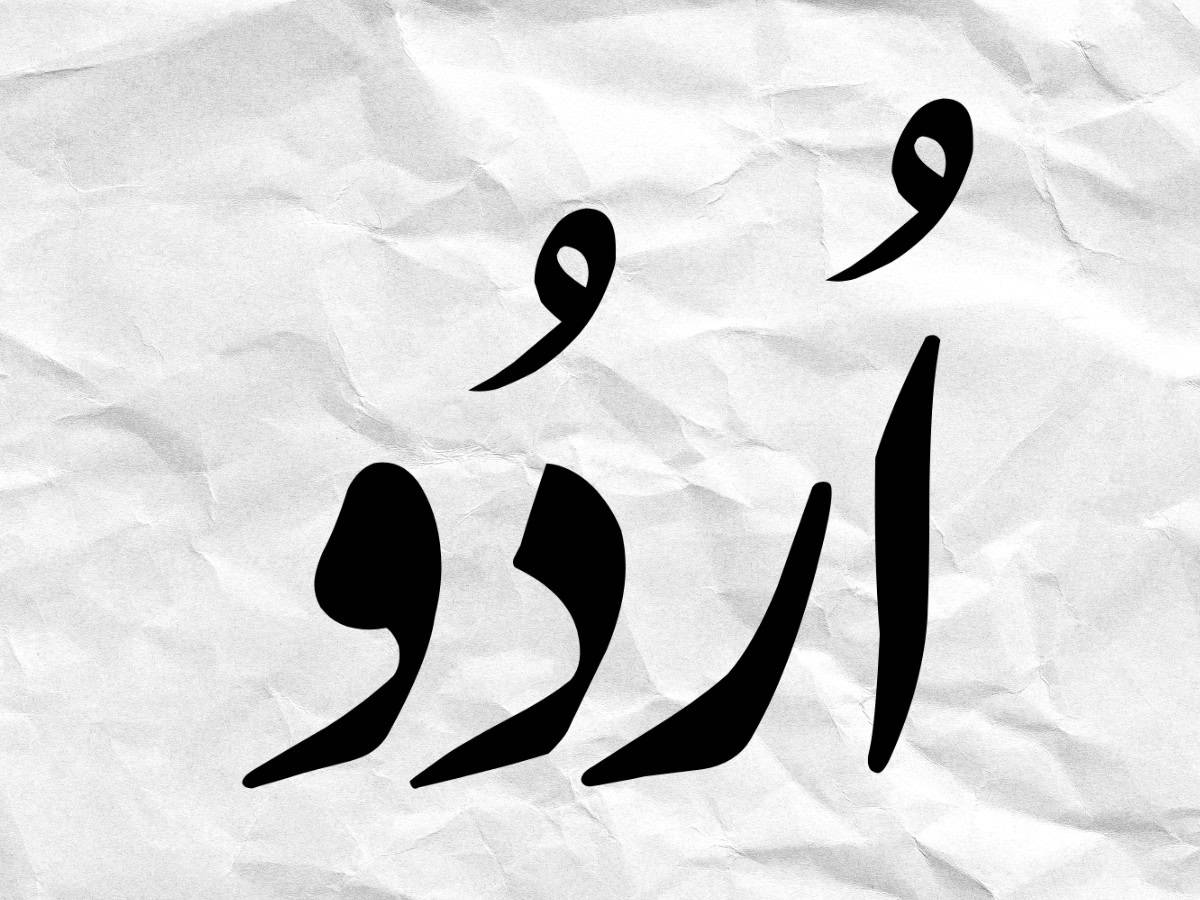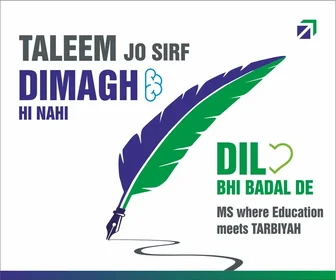
Hyderabad: It was a celebration filled with passion and a profound love for poetry. There were more verses shared than speeches made, a refreshing change in today’s gatherings. The Urdu Day event held at Urdu Hall the other day stood apart for its unique simplicity. It honored the birth anniversary of Allama Iqbal, the poet-philosopher whose verses continue to inspire generations. His timeless poetry filled the air as people gathered to pay tribute.
In a heartwarming gesture, the stage was left open for everyone to recite Iqbal’s poetry. People of all ages – students, men, women, and elderly alike – stepped forward to share their favorite verses. Each recitation resonated with the deep connection Hyderabadis feel with Iqbal, a bond rooted in his visits to the city during the 1930s and the solace his poetry offered during challenging times.
Javeed Kamal
Javeed Kamal, the founder of Reqta Goyan and the event’s organizer, was pleasantly surprised by the response. Urdu professors like Majeed Bedar, Ameena Tahseen, Mustafa Ali Sarwari, and Nazim Ali were equally astonished, observing how Iqbal’s poetry has continued to ignite emotions and foster a sense of unity long after his passing away.
This attachment is not incidental. After Hyderabad State’s merger with the Indian Union, the city’s Muslim community grappled with an uncertain future. The fall of the Nizam’s rule had left a void, and a pervasive sense of loss swept across the community. It was Iqbal’s poetry, with its powerful messages of resilience and vision that provided solace and revived the spirits of the people. Even today, his words echo as reminders of hope and strength, a testament to the enduring power of poetry.
Syed Khaleelullah Hussaini, eminent educationist and visionary, played a pivotal role in rekindling the community’s spirit, using the powerful verses of Allama Iqbal. Through regular poetry sessions, Hussaini brought people together, hoping to breathe new life into hearts seeking purpose and resilience. His vision seems to have materialized as participants, especially the students brought Iqbal’s legacy to life with their heartfelt performances.
Central Public School
While each participant impressed with their own rendition, it was the students from Central Public School, Khilwat, who stole the spotlight. They opened with a moving chorus of Iqbal’s poem ‘Ya Rab dile Muslim ko wo zinda tamanna de’, accompanied by the rhythmic beats of the ‘daf’. The students’ voices echoed with fervor as they conveyed Iqbal’s plea to the Almighty, asking for a rekindling of vision and purpose in the hearts of the community.
The energy only grew as two students of the same school took the stage to perform Shikwa and Jawabe Shikwa, two of Allama Iqbal’s most celebrated works, known for their poetic brilliance and depth of thought. The students’ delivery was both forceful and precise, capturing the poem’s powerful essence. Their clear pronunciation, accompanied by expressive actions, captivated the audience, who rewarded them with a thunderous applause.
Portraying Iqbal
Then followed a dialogue, aptly titled Fikre Iqbal aur aaj ka Musalman. It was a powerful exploration of Iqbal’s vision juxtaposed with the present condition of the community. The student portraying Iqbal, dressed in a black suit complete with a tie and mustache, passionately articulated the poet’s ideals of a true ‘Momin – a Muslim who embodies courage, wisdom, and faith. The elderly character, played by another student, responded with a poignant refrain at the end of each verse, saying, Iqbal teri qaum ka kya haal sunaon, expressing a sense of sorrow and disappointment about the community’s current state.
This dialogue layered with both hope and reflection, held the audience spellbound, with the hall falling into a respectful silence as each line resonated. It struck a chord with the audience, highlighting both the depth of the poet’s vision and the challenges of the present day. The refrain, delivered in a tone of rueful reflection, underscored the distance between Iqbal’s ideals and the community’s reality, making the exchange all the more poignant.
Hopeful words
As the dialogue came to an end, the student embodying Allama Iqbal delivered the poet’s hopeful words:
Nahin na-ummed Iqbal apni kisht-e-viraan se
Zara nam ho to ye mitti badi zarkhez hai saaqi
The closing lines left an indelible mark, reminding everyone that hope persists and, with a little care, the community can flourish anew.
The audience’s applause filled the hall, a testament to how Iqbal’s words continue to resonate and inspire deep introspection.
Prof. Ameena Tahseen of Maulana Azad National Urdu University (MAANU) reflecting on the essence of the poet’s legacy, emphasized that Iqbal should not be remembered only on his birthday, as his message holds relevance across all times. His vision, she noted, is timeless and universal, guiding generations toward wisdom and resilience. Adding to this sentiment, Prof. Mustafa Ali Sarwari (MAANU) remarked on the deep connections between Iqbal’s poetry and the Quranic message, suggesting that studying and contemplating Iqbal’s work is not merely a literary appreciation but also a virtuous act, as it aligns with the spiritual and moral values of the Quran.
Golconda College
Across the city, Hyderabad was alive with tributes to the beloved poet. In Government Degree College for Women, Golconda, Dr. Humaira Sayeed organized a similar celebration, where she guided students through Iqbal’s poetry with dedication. She trained them to memorize and recite his verses, helping to cultivate a deeper appreciation for his thoughts and ideals among the younger generation.
These events, each distinct yet united by reverence for Allama Iqbal, revealed how deeply embedded his legacy is within the hearts of Hyderabadis.

